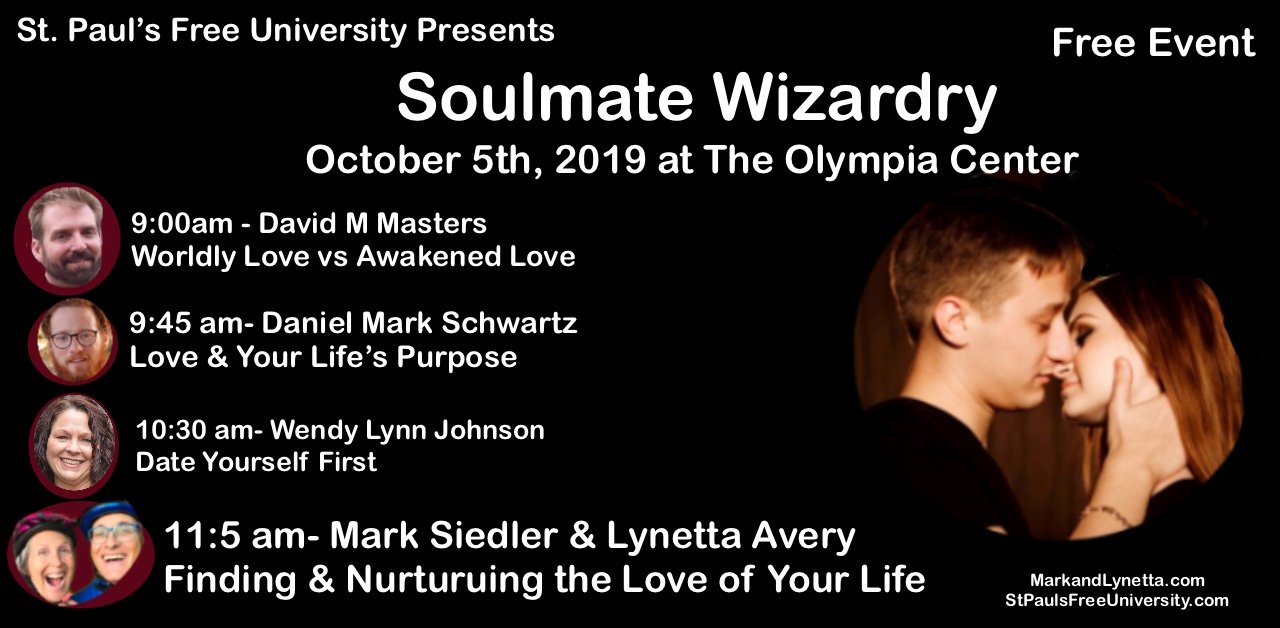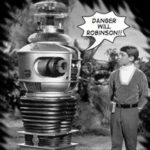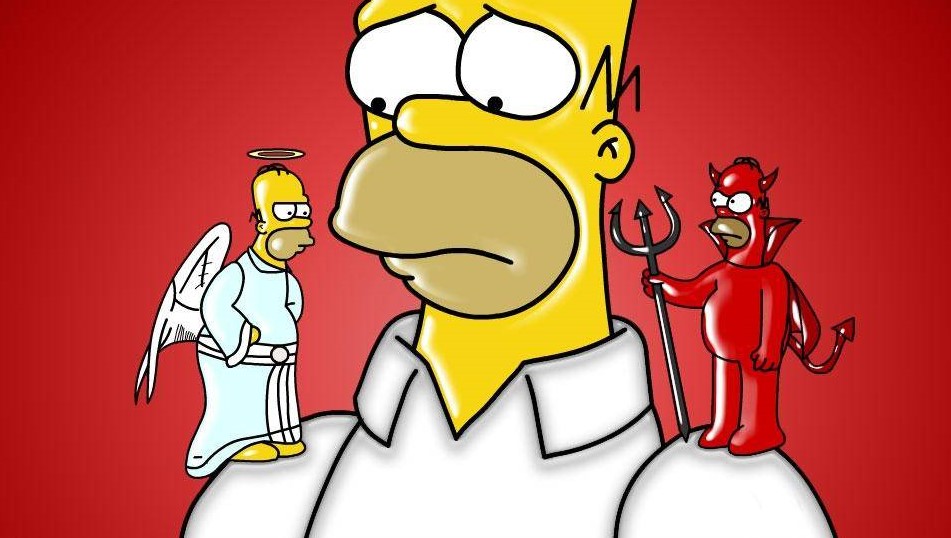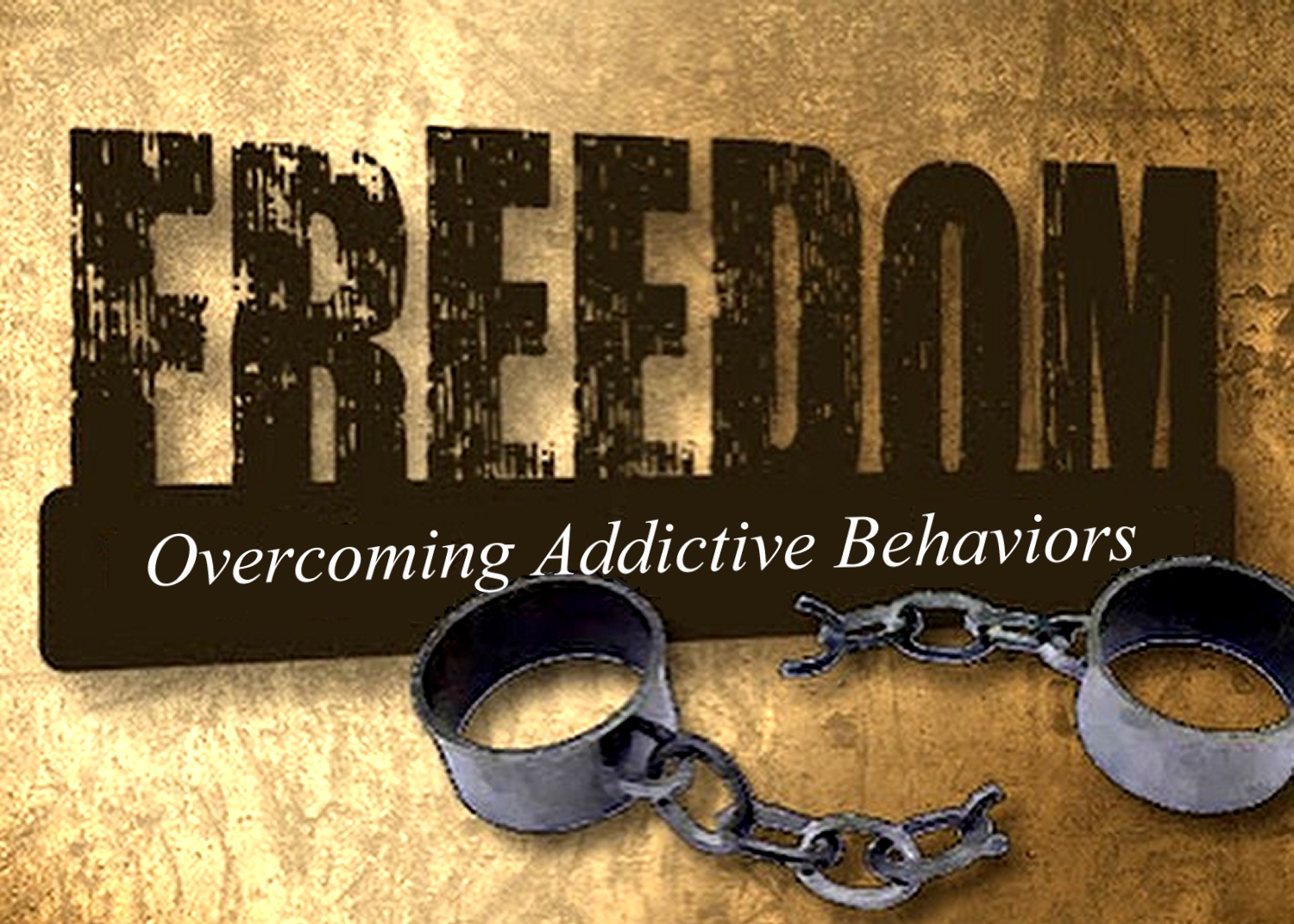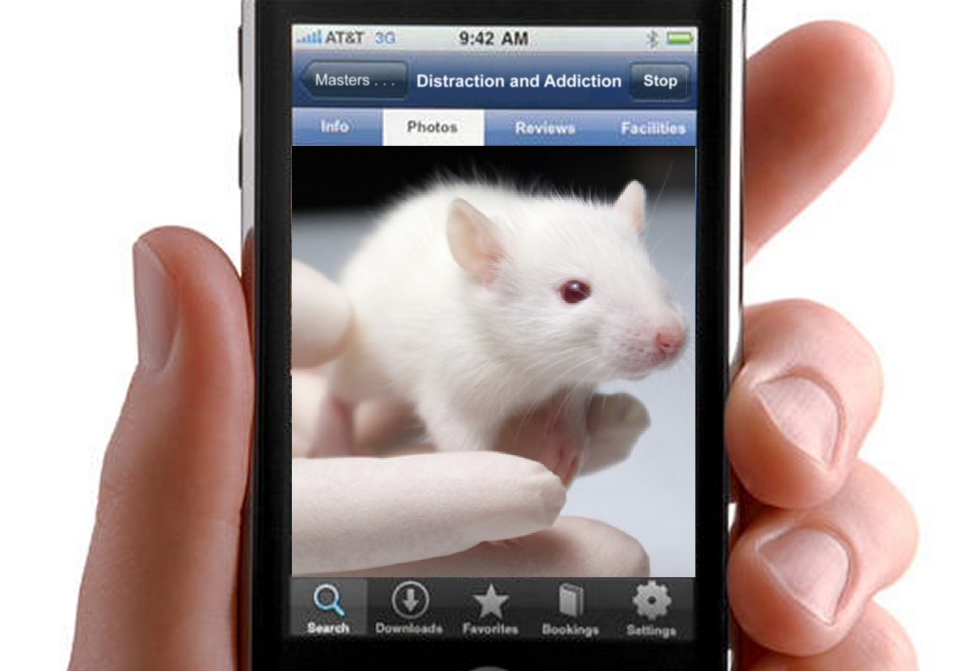The people I work with are highly motivated to achieve particular goals and to do good work in the world. People often refer to me as a motivator, but to tell the truth, I am not. The people who come to me already have all the motivation they need to accomplish what they desire.
What I do see them struggle with, in their search for accomplishment, are certain blockages that keep them from making forward progress. One such block I see preventing them from achieving the success they seek is addiction.
Addiction is a curious blocker of all the good things this life is trying to bring to us. I have some experience with treating addiction. I started my ministry back in the day with a Christian addiction treatment program, and what I learned is that God Source Energy is a powerful treatment for addiction.
Spirituality to Overcome Addiction
There are many methods to approach integrating God into a treatment program, but in my experience, those who overcame their addictions for life did so by incorporating the name of “Jesus” into their regular spiritual routines. A noticeable 30% increase in success with only a 3% recidivism rate.
I am not suggesting that any treatment for addiction is better than any other, but that freedom from addiction is necessary for any sustainable high level of success.
Addiction Barrier
Why? Because addiction creates a barrier between you, solely in your flesh, and higher energies which you would have access to for assistance in your project which is hugely beneficial if you are trying to make the leap from where you are to where you want to be.
I am not talking about anything religious. Access to these higher energies is available to anyone who wants them. All that is required is that you desire access to them. You need to be open and not actively blocking access to them.
Addictions have an energetic vibration that creates something like a force field that actually inhibits access to these higher energies. This energetic field can be pierced for access even when one is actively participating within the energetic field of addiction.
Is addiction blocking you?
If you are having trouble making it to the next level in your journey, you could be facing blockages that are preventing you from energetic assistance from beyond your physical 3D experience. Yes. You could do great things in your flesh, but your efforts would be multiplied exponentially if you could access and energize your project(s) with energy from above. Addiction is a common blocker of these powerful celestial support systems.
These are methods that we used in Christian rehab and outreach. We discovered that prayer, intense concentration, and meditative desire to connect to your higher source could pierce the energetic barrier, and again, reciting the name of Jesus in one’s attempt to break through the barrier did achieve 30% quicker access and more sustained connection to higher source energy. No particular belief in Jesus was necessary or required.
When we think about addictions, alcohol and illegal drugs come to mind, but other addictions also come with this energetic vibration that blocks access to your higher power, including addictions to prescription drugs, gambling, eating disorders, sex, and other obsessive behaviors.
Three Most Powerful Tools for Beating Addiction
1. Prayer
2. Visualization
3. Modeling
The most powerful tools that we used in breaking through the deluge of addiction are the power of prayer and fervent visualization of being on the other side, free of the addiction. Visualizing and modeling. Modeling is the taking on the personality and life of the person you imagine yourself to be free from the addiction. Like putting on a suit of clothes and pretending to be that person.
After pretending for a while, you begin to feel more comfortable and confident with the new you, free from addiction, and with access to your higher energies, you can sustain this new you for the rest of your life.
These are still the powerful tools that I use today in my practice. Keeping in mind that the name of Jesus will yield a 30% increase in efficacy and energetic infusion throughout the process, if the client is so inclined.
Without the addiction barrier, you can achieve a healthy balance in life, as addiction is the enemy of balance.
Freedom from addiction is a powerful way to maximize your efforts to live a better life, your best life, and make the world a better place.



